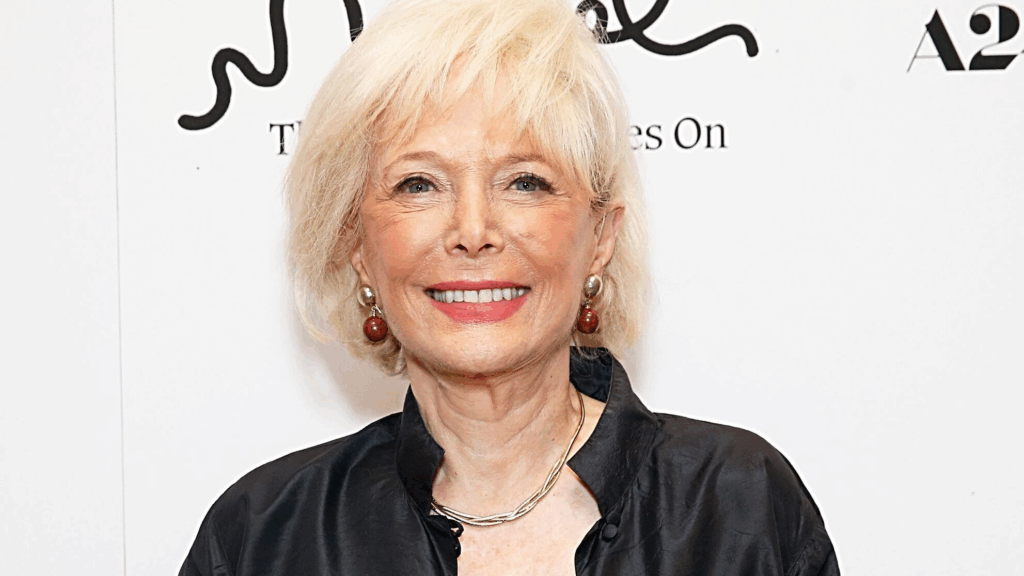
In a shocking development, one of 60 Minutes’ longest-serving correspondents has accused CBS’ C-suite of interfering with the show’s editorial independence. This explosive claim comes just days after Bill Owens, the show’s executive producer, resigned from his position, sending ripples through the media world.

The Accusations: A Staggering Allegation of C-Suite Interference 💼
For years, 60 Minutes has been regarded as the gold standard of investigative journalism, with its reputation built on a foundation of integrity and independence. But now, a senior correspondent is alleging that CBS executives may have compromised this legacy by interfering in the newsroom’s editorial decisions.
This bombshell accusation raises serious questions about the influence of the network’s higher-ups on one of the most revered programs in broadcast history.
“The independence of 60 Minutes has always been its hallmark, but recent events suggest the C-suite is now making decisions that affect the journalism we present to the public,” said the correspondent, who wished to remain anonymous. “That is a dangerous precedent.”
The Resignation of Bill Owens: A Tipping Point? 🚨
Bill Owens’ resignation as executive producer of 60 Minutes sent shockwaves through the network, with insiders speculating that his decision was tied to mounting tension between the show’s editorial team and CBS management. While the official reasons for his departure have not been publicly disclosed, sources say the pressure from CBS executives had become increasingly difficult to ignore.
“Bill Owens’ resignation could signal a deeper issue,” said one industry insider. “There were rumors of interference from CBS’ corporate leadership — this isn’t just about one person leaving; it’s about a culture shift at CBS.”
The Battle for Editorial Independence: What Does This Mean for Journalism? 📺📰
As one of the last remaining bastions of serious investigative journalism on network television, the future of 60 Minutes is now in question. If the show’s independence continues to be compromised by corporate pressures, it could lead to a loss of credibility with its loyal audience.
“This isn’t just about a single story or one resignation,” another correspondent shared. “It’s about whether we can continue to do the kind of journalism that matters without corporate agendas being at the forefront.”
For years, the program has maintained a high standard, featuring in-depth reports on political scandals, corporate malfeasance, and global issues. But with management changes and alleged interference from higher-ups, many are wondering how long this reputation can hold.
The Bigger Picture: Corporate Influence in Newsrooms 🏢📰
This incident highlights a larger issue facing modern journalism: the growing influence of corporate interests on news programming. As media conglomerates become more powerful, the pressure to prioritize ratings and advertising revenue has led to a shift in how news is produced and presented.
For many journalists, the notion of an independent newsroom — free from corporate agendas — is slowly becoming a thing of the past. And with 60 Minutes under fire, this could be just the beginning of a larger trend that threatens to reshape the media landscape.
What’s Next for 60 Minutes and CBS? ⏳
As the controversy continues to unfold, all eyes are on CBS and its next moves. Will the network address these concerns and restore 60 Minutes’ independence, or will it continue down the path of corporate influence?
For now, the future of the program remains uncertain, but the fallout from these allegations is sure to affect not only 60 Minutes but the future of journalism as a whole.